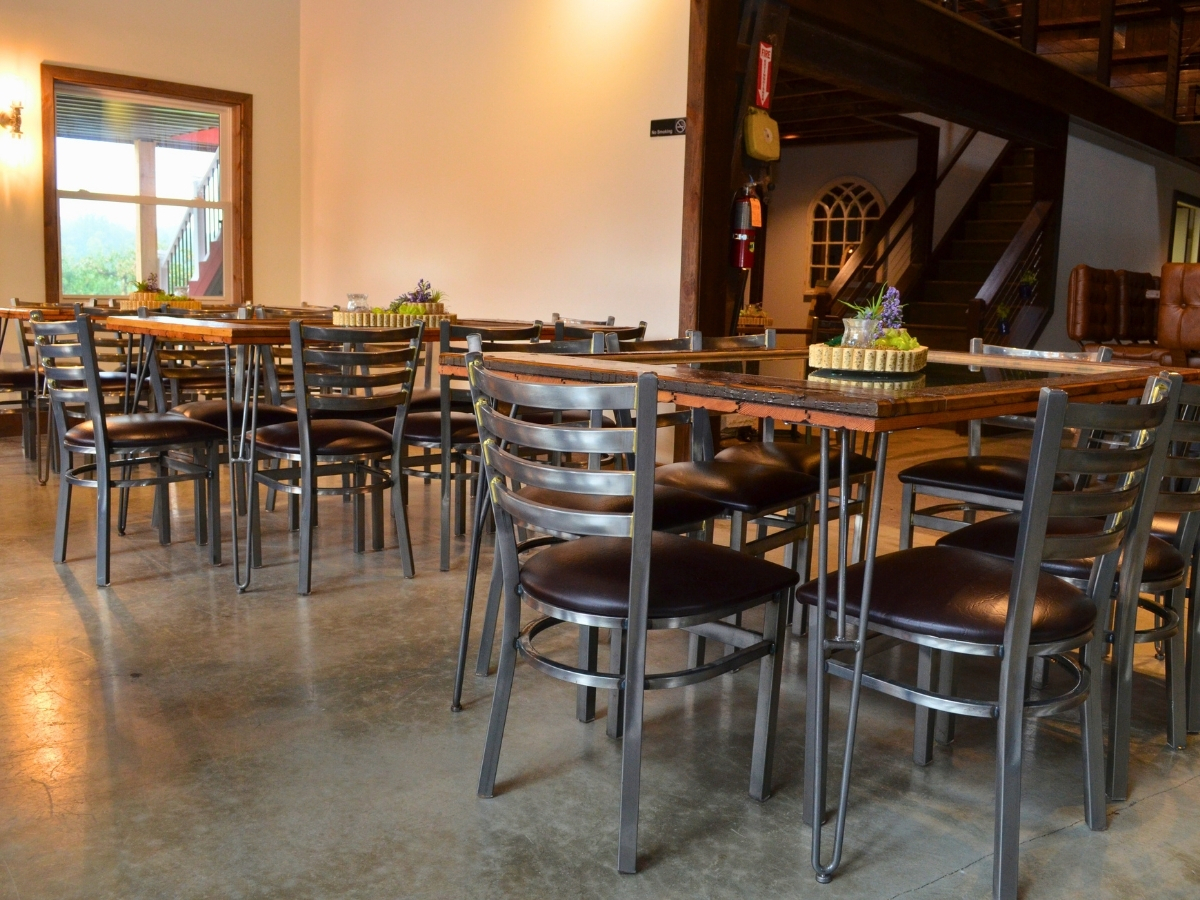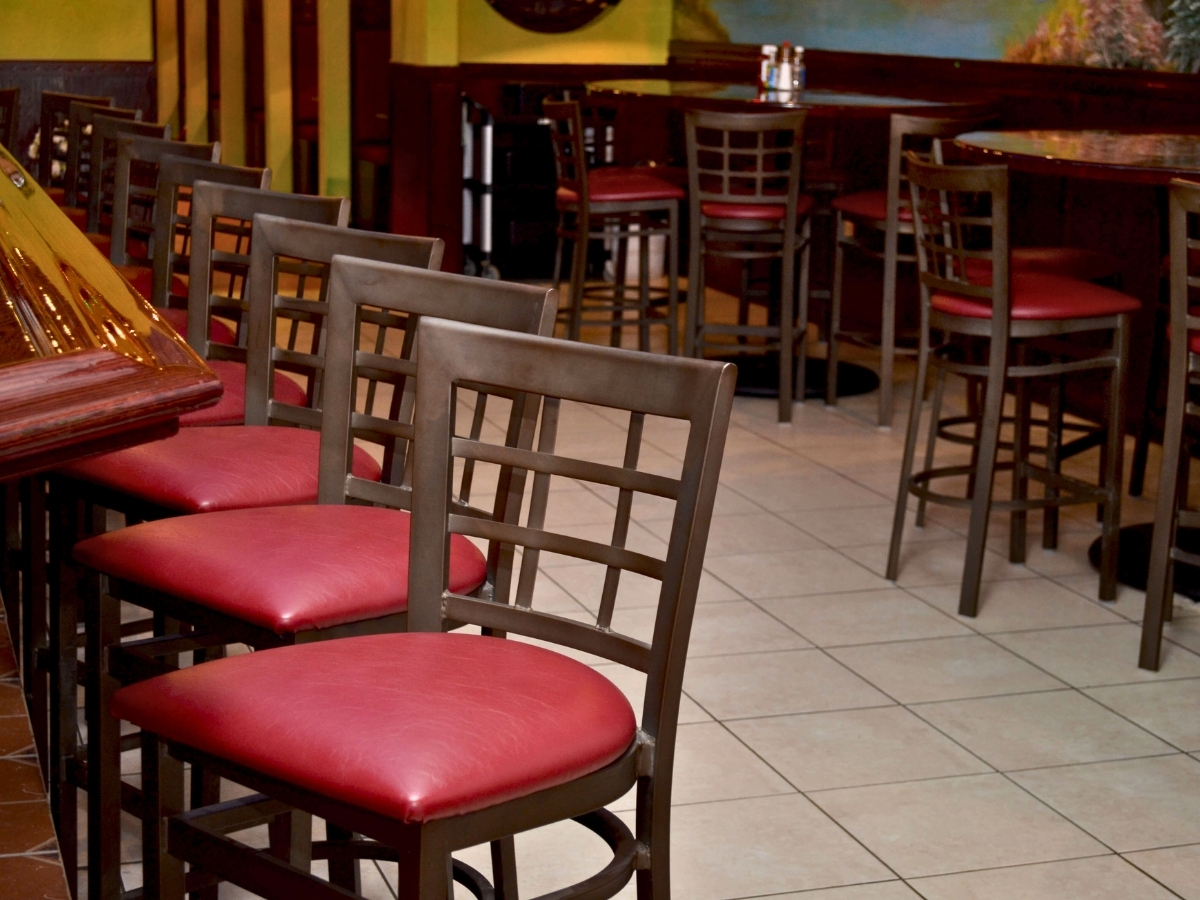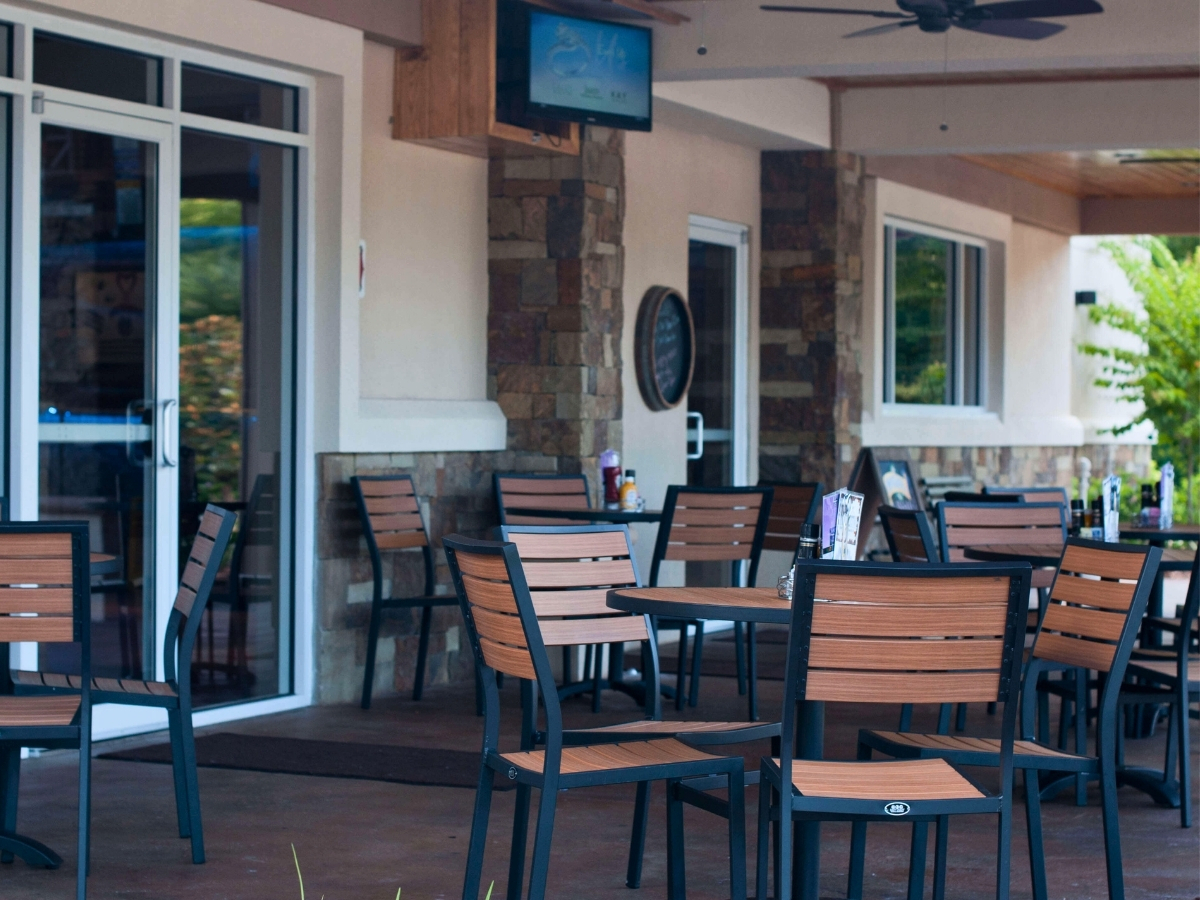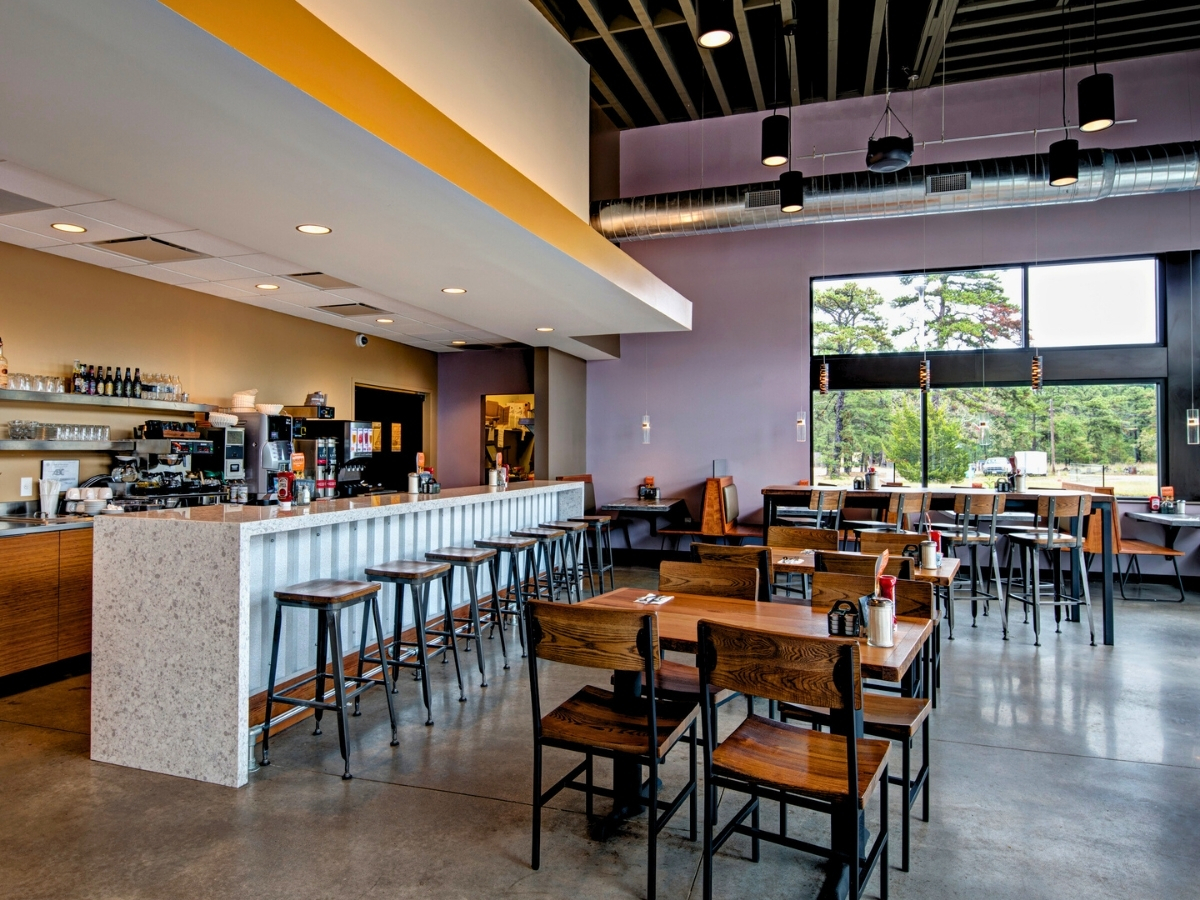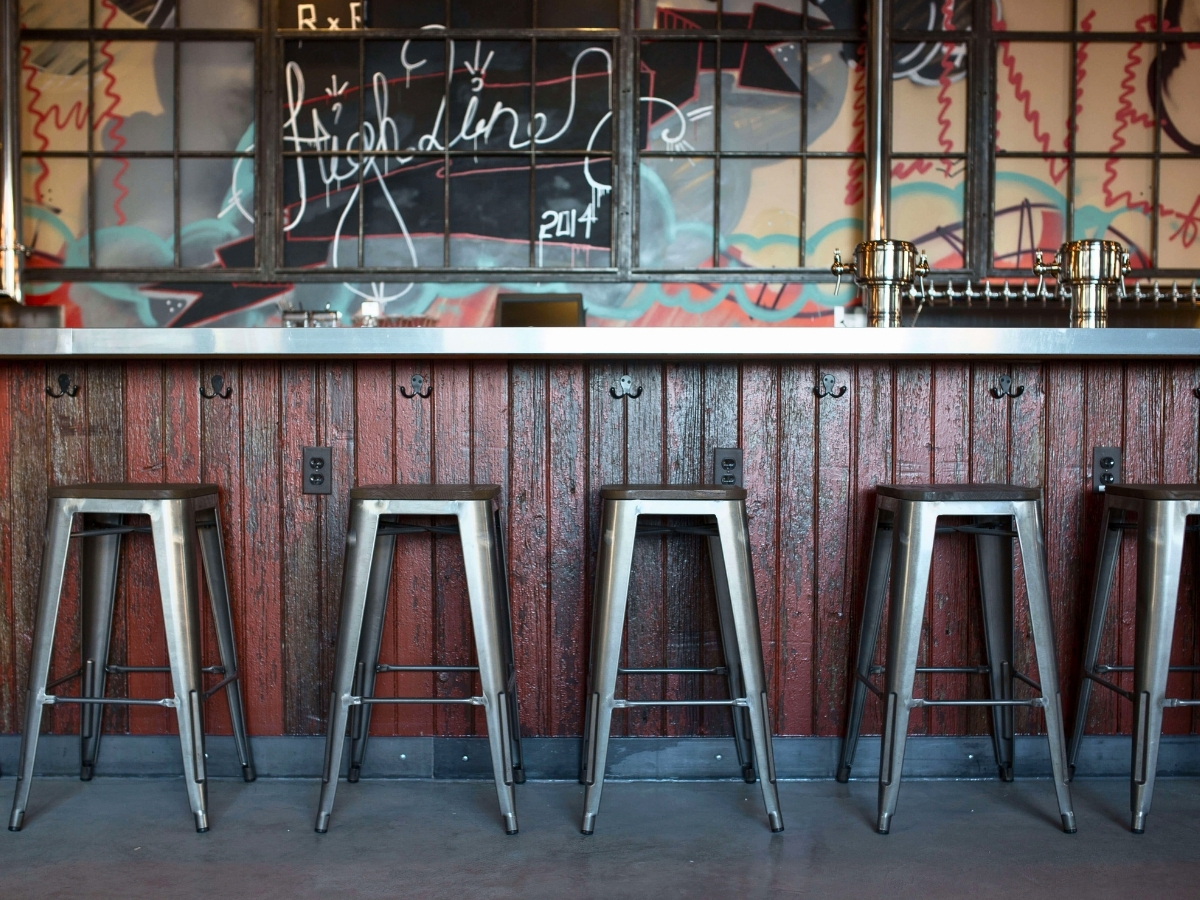We’ve all heard that terrifying statistic — 90% of new restaurants fail within the first year. Fortunately for both owners and people who like to go out to eat, this “fact” is completely untrue. According to research by Dr. H.G. Parsa of Ohio State University, first-year restaurant failure rates are closer to a much less shocking 26%. (The 90% myth, by the way, is so prevalent that it was even cited in an American Express commercial in the early 2000s. AmEx was never able to substantiate their claim.)
Still, that means that one out of four new restaurants isn’t going to survive to its first anniversary. Sometimes, these closures are beyond the owners’ control. An economic downturn, staffing issues, infrastructure problems, or new government policies can all lead to failures, despite the best efforts of management.
But there are certain mistakes that restaurant owners often make when they first get started that can be major factors in the success or failure of their restaurants. Here are some common mistakes that restaurant owners make in their first year of business, and how you can avoid them.
Mistake #1 — Not appreciating the necessary time commitment
The restaurant industry is hard, both physically and mentally. It requires long hours, intense attention to detail, and a mastery of a whole slew of different disciplines from managing people to sales forecasting to marketing to cooking to sanitation…
And because money is always tight in the restaurant business, all of this has to be organized and executed by an incredibly small management team. The result is long hours away from home, family, and hobbies. In Dr. Parsa’s study, he notes that most failed restaurateurs cited family sacrifice as at least part of the reason that their restaurants shuttered.
Owning a restaurant will always be hard work. But one step you can take to try to balance your work with your home life is to delegate and outsource where you can.
The key to delegating effectively:
- Communicate exactly what you’re looking for.
- Provide a clear vision of success.
For example, maybe you decide to hand off social media management to a staff member or freelancer. Make sure that person knows how many posts you want per week and the type of content you like on your feed. Food photos? Videos of guests having a good time? Bartenders making drinks? Behind-the-scenes footage of the kitchen? Promotions for upcoming events? Clear content guidelines will help to automate the process and prevent frustration down the line.
Then, give the delegate a metric that is easy to track. Maybe you want to grow your social media following by 10% per month, or maybe you want a certain number of people to engage with your posts on a weekly basis. Aim for straightforward, concrete goals so the whole team will know exactly what success looks like.
Mistake #2 — Not compensating for inexperience
Opening a restaurant sounds like fun. And it can be! But there’s a reason why industry greats like Wolfgang Puck and Gordon Ramsay worked in restaurants for nearly 15 years before opening their own. There is a ton to learn before you’re ready to be the boss.
Training and managing a small army of prep cooks, chefs, servers, bartenders, and hosts is difficult enough. Add in marketing, controlling food and labor costs, licensing and permitting, facilities management, special events, and more, and it’s enough to make your head spin if you haven’t risen through the restaurant ranks.
That doesn’t mean that every restaurant with an inexperienced owner is doomed to fail. But you’ll need to hire the best general manager or director of operations that you can afford. Ten or twenty years of restaurant management experience will come at a cost, but it will be worth to have a pro on your team.
Mistake #3 — Lack of clear concept
Your concept is not just your cuisine. Your concept is what makes you unique. Why should people go to your pizza joint, instead of the pizza joint down the street? What special purpose does your restaurant serve?
Maybe you are an upscale date spot located in a renovated 1960s gas station serving ultra-thin-crust Neapolitan pizzas with high-end toppings like foie gras and shaved white truffle.
Now compare that to Chuck E. Cheese — a family-friendly pizza place with lots of games and entertainment for kids. Both serve the same basic cuisine, but their concepts are radically different.
So what is it, beyond just your type of food, that makes you special? You’ll never be all things to all people, so dig in and focus on who you’re trying to attract, and for what occasions. You want to position your restaurant as the “go-to” place for something specific — an occasion, an atmosphere, a certain theme. What do you do better than anyone else?
A clear concept will serve as a guide as you navigate choices down the line. Menu changes, community events, and promotions will all be easier to approve or deny when you have a clearly defined concept.
Mistake #4 — Allowing subpar food to persist
Your menu was carefully curated, each recipe lovingly tested and presented by your executive chef. You tried each dish, gave it your seal of approval, and are now confident in the knowledge that you can be proud of your food.
But over time, corners get cut. Maybe the line cooks are sandbagging steaks to get through the rush more easily, resulting in dried-out sirloins. Maybe the prep cooks are only letting the soup simmer for 15 minutes instead of the required 45 minutes, so the flavor isn’t as rich.
These time-saving tweaks aren’t malicious on the part of your staff, but they can drastically reduce the quality of the food. And customers will notice.
Make it a habit to eat in your restaurant regularly — but discreetly. Ask a manager to ring in food for you, but make sure they don’t tell the kitchen staff that it’s for the boss. That way, you’ll get an accurate taste of what your restaurant is serving to your guests, and you’ll be able to address any deviations from the original dish.
Mistake #5 — Not keeping track of permits
When you were first opening your restaurant, you had to get a variety of permits and licenses from all sorts of local and county departments like the health, fire, and building departments, state liquor authority, comptroller, and more.
Right around your 1-year mark, many of those permits will need to be renewed. And they’ll probably have to be renewed annually for as long as your restaurant is operating. Failure to stay on top of this tedious (but vital) administrative work can result in fines or could even get you shut down.
Make absolutely sure that you are tracking all permit and license expiration dates!
One free method is to create a special Google or Outlook calendar just for permits, and schedule all expiration dates with reminders 60 and 30 days out. When you get your 60-day reminder, you can file the proper paperwork and schedule any necessary inspections to keep your restaurant in compliance. At the 30-day mark, double check that everything has been received by the corresponding city or county department.
Another option is to use software like Renewal Tracker to manage renewal dates, reminders, costs, and supporting documentation all in one place.
And make sure all managers know where the permits are posted in the restaurant so they’re easy to find if you’re not around.
Mistake #6 — Not planning for the worst
When you created your business plan, you made assumptions (aka guesses) about expected sales and revenue. You did your research and tried to be pragmatic, but you still had no real way of knowing what those numbers would be.
Once you open your doors, you’ll find out how accurate your guesses were. It may take time — months, or even years — for your restaurant to perform the way that you hoped.
Don’t forget that you have to cover food, labor, rent, utilities, taxes, and loan payments, no matter how much money you’re bringing in. It some time to build a devoted customer base, so make sure to reserve some of your startup capital. It’s vital to have some cash on hand if things get off to a slow start.
Keep an eye on your cash reserves, and always try to keep in mind how many months you could continue to operate if you don’t see an improvement in sales. This will help you to know when you need to start looking for outside capital. Make sure you come up with a strategy well in advance of having to choose between making payroll and paying the electric bill. Remember, the best time to look for cash is when you don’t need it.
The restaurant business can be fun and rewarding, but it’s still a business. Hiring a great team, creating the best possible product, and keeping a cautious eye on your income and expenses can all help to ensure that your first year isn’t also your last.


